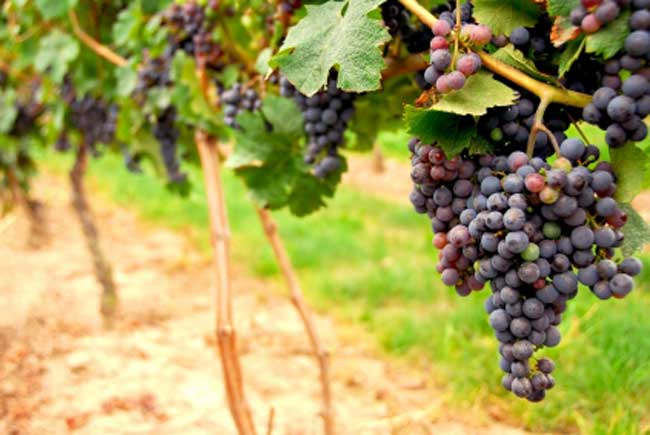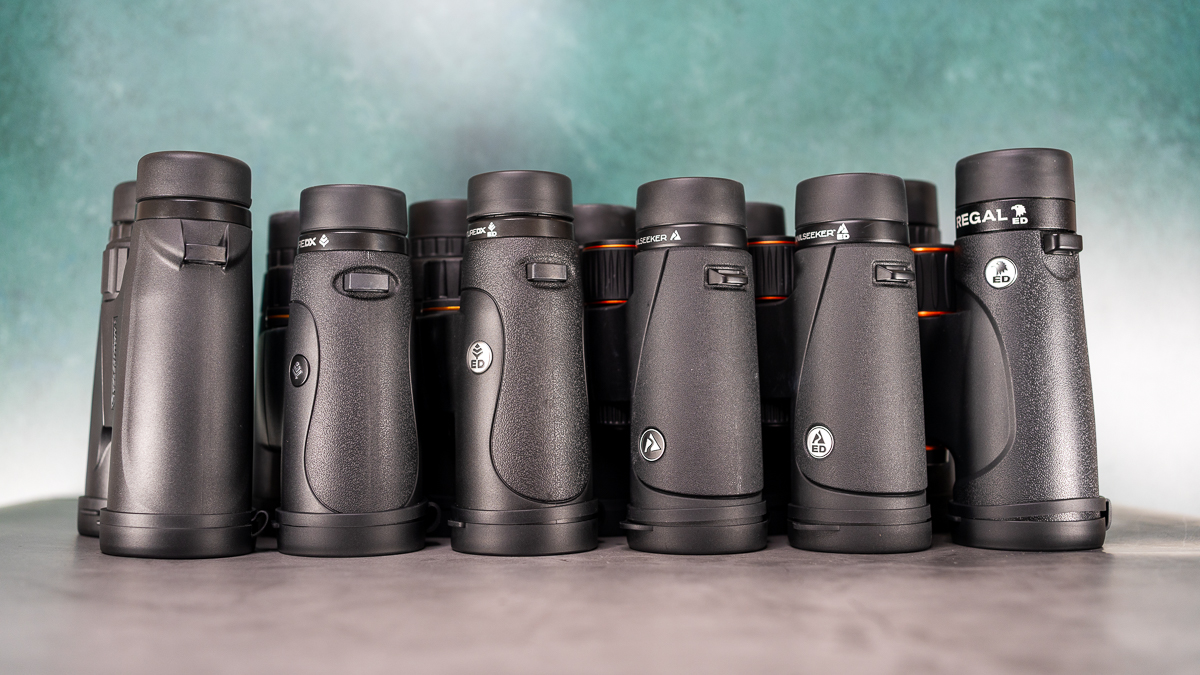Powerful Ideas: Winery Waste Make Fuel

Editor's Note: This occasional series looks at powerful ideas — some existing, some futuristic — for fueling and electrifying modern life.
As if turning grapes into wine wasn't enough, now wineries are aiming to transform their wastes into fuel.
The first example of a new renewable method for generating hydrogen fuel from wastewater is now operating at a California winery.
The refrigerator-sized generator takes waste from the Napa Wine Company in Oakville, Calif.,
and feeds it to microbes inside. With the aid of a little electricity, these naturally occurring bacteria break the organic material in the wastewater into hydrogen gas.
There is a lot more energy locked in the wastewater than is currently used to treat it, explained researcher Bruce Logan, an environmental engineer at Penn State University. Eventually, the winery would like to use the hydrogen to run vehicles and power systems.
"It's nice that Napa Wine Company offered up their winery and facilities to test this new approach," Logan said. "We chose a winery because it is a natural tourist attraction. People go there all the time to experience wine making and wine, and now they can also see a demonstration of how to make clean hydrogen gas from agricultural wastes."
Get the world’s most fascinating discoveries delivered straight to your inbox.
Napa Wine Company's wastewater comes from grape disposal, wine making, cleaning equipment and other processes. The company already has on-site wastewater treatment and recycling, and the partially treated water from the hydrogen generator will join other water for further treatment and use in irrigation.
The experimental generator will continuously process about 1,000 liters of wastewater a day.
"This is the first time that a reactor of this size has been attempted either in the laboratory or the field," Logan told LiveScience.
The generator started up in September, "and the performance continues to improve," Logan said. Still, "we are not yet at our goal of daily production of one liter of hydrogen per liter of reactor," he added. "We hope to generate more energy in the form of hydrogen than was used to treat the wastewater, thus making the winery a net power producer."



